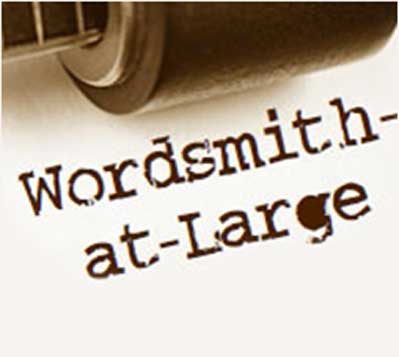Franklin Roosevelt had the New Deal. Harry Truman touted the Fair Deal. And now, 70 years later, we have the Green Deal.
After FDR took office in 1933, he instigated a series of programs, public works projects, financial reforms, and regulations to respond to needs for relief, reform, and recovery from the throes of the Great Depression that America was in at the time.
During Roosevelt’s first few years in office, the New Deal started what were dubbed Alphabet Agencies, some of which are still in operation today, including the FDIC (Federal Deposit Insurance Corporation), the FCIC (Federal Crop Insurance Corporation), FHA (Federal Housing Administration), and TVA (Tennessee Valley Authority).
The CCC (Civilian Conservation Corps) put unemployed, unskilled young men to work on rural and park improvements. And the WPA (Works Progress Administration) directly hired the many unemployed. It became the largest of all public works programs. World War II effectively curtailed those programs once jobs became plentiful what with people building battleships and fighter planes.
Truman’s post-war Fair Deal, put forth during his January 1949 State of the Union address, proposed a plethora of domestic policies. Things such as an increased minimum wage, health insurance for all, and laws guaranteeing equal rights for every American were just a few highlights of his 21-point program aimed mainly at economic development and social welfare.
Today’s Green Deal calls for phasing out fossil fuels, transitioning to 100% clean renewable energy by 2030, investing in public transportation and sustainable agriculture, and upgrading all (yes, all) existing buildings. There’s also an Economic Bill of Rights guaranteeing everyone employment. And making higher education pretty much available without cost.
The ramifications of the New Deal and Fair Deal policies are still being felt in our society. It remains to be seen how much of the Green Deal proposals will actually see the light of day.
But in the spirit of Big Deals, I’d like to propose one that I feel would have a positive impact on many, many people. It may be a little radical in its approach, but it’s designed to help make everyone happy and bring smiles to many faces.
I feel We the People are in need of a Chocolate Deal. Guaranteed jobs and free higher educations are interesting, but I really believe having a continual and unlimited source of chocolate available to every man, woman, and child would be a phenomenal perk of citizenship.
Dark chocolate especially should be on every table every day. Studies have shown that the darker the chocolate, the more nutritious. It’s a source of antioxidants, may help lower blood pressure (it DOES help you mellow out), could reduce heart disease, raise the good kind of cholesterol, protect the skin from sun, and improve brain function. Why, it’s almost as if chocolate is a miracle cure for whatever ails you.
Instead of subsidizing things such as corn and oil, perhaps the federal government could use our tax dollars to help Hershey’s, Godiva, Mars, and Ghirardelli (among others) produce more and more chocolate for less and less money. “Bring back the nickel candy bar!” could be a nationwide rallying cry.
Now, this doesn’t mean an end to vanilla and strawberry. Or banana pudding, carrot cake, or cherry pie. Those things will all still have a place at the dessert bar. But in order to spruce them up, chocolate of some sort will always be required as an option. And although dark chocolate is preferable, milk chocolate can be substituted in a pinch. However, it will be considered blasphemy to only have white chocolate as a choice. (Despite what some aficionados might claim, white chocolate technically is not a chocolate because it doesn’t contain chocolate solids. So let’s just nip that debate in the bud right now.)
In some Asian countries it’s apparently very polite to ask, “Have you had your rice today?” Wouldn’t it be great if you were to ask your friends and neighbors, “Have you had your chocolate today?” Then, because it’ll be so cheap, what with the government subsidy and all, you could be magnanimous and offer some to those who say, “Why, no, I haven’t.” And there will be grins all around.
The more I think about this Chocolate Deal, the more I like it. And the hungrier I get. I don’t know if the idea will catch on, but I suspect there are many who would support the concept. Heck, maybe even members of Congress. After all, it sure beats the Raw Deal that a lot of people seem to sense we’re getting from our elected officials now.
©MMIXX. William J. Lewis, III – Freelance Writer


Leave A Comment